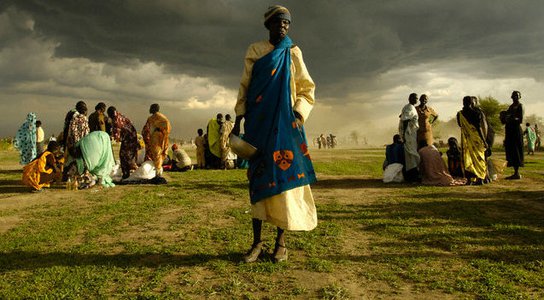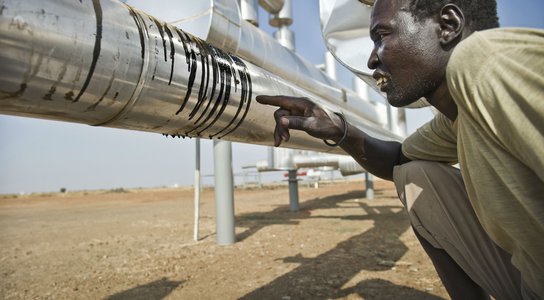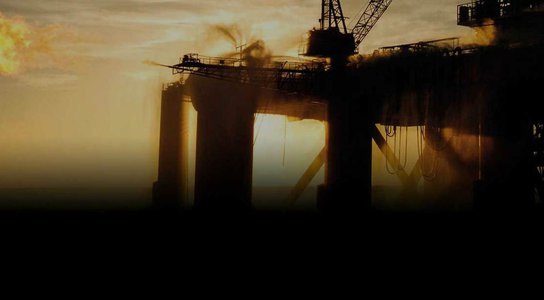We saw a new warning signal from the moribund South Sudanese economy last week. Parliamentarians gave the government the go ahead to negotiate a risky $500 million loan from the Qatar National Bank (QNB).
Why risky? Because this is no insignificant sum for the world’s most oil dependent state. Last year, South Sudan received $1.7 billion of oil money into state coffers. If this loan is approved at the proposed interest rate, the Qatari bank will be owed almost half of that amount- $781 million, paid back over 7 years. This is the equivalent of the US government taking out a loan larger than their military and education budgets combined.
The deal is doubly risky because, if cash is lacking, the Government has agreed to pay in the only other currency available to it – oil. Using crude as collateral threatens to lock the country into a dangerous cycle of debt- oil dollars are used to pay off old loans while new loans fund the budget. By taking this loan, the government risks selling South Sudan’s future to pay for today.
This might not matter, if the money were invested in corresponding assets, such as infrastructure or in education, which should create a richer economy in the future; one which is capable of repaying the loan. However, as detailed below, serious doubts exist about Government spending priorities. Opposition MPs have already expressed concerns about the wisdom of the loan. These concerns must be heard and addressed by the Government.
Cabinet affairs minister, Martin Elia Lomoro, cited the ‘dire situation’ of the economy as the reason for striking this deal. True, the economy is in dire straits. The oft-cited figures – oil production down by a third, prices at half what they were 12 months ago – are taking their toll on the Government’s ability to finance its current budget. Police report that they often have to wait months for overdue salaries, state governments complain that their allowances have dried up, and the Parliament recently announced the halting of most activities due to lack of funds. Clearly some organs of Government are having trouble treading water.
But the squeeze doesn’t seem to be affecting everyone equally. Budget reports reveal that the President’s office overspent its budget by 369% – or $33 million – between July and September last year. It seems that, while some sectors are without the cash to fulfil basic functions, others are free to spend as they please.
The inconsistency raises an important question – where will the $500 million be spent? South Sudanese MPs have, quite rightly, demanded more detail on exactly which development projects the Cabinet have promised this stop-gap cash to. This information must come quickly, and the Parliament must be given time to deliberate the propositions.
Another critical question is whether the Government can tighten its belt elsewhere to avoid taking on more high risk debt? It has yet to demonstrate that the QNB loan is the only way to keep the economy afloat, rather than being the same knee jerk strategy followed by other heavily indebted oil rich countries who have mortgaged their people’s future for short term gain.


